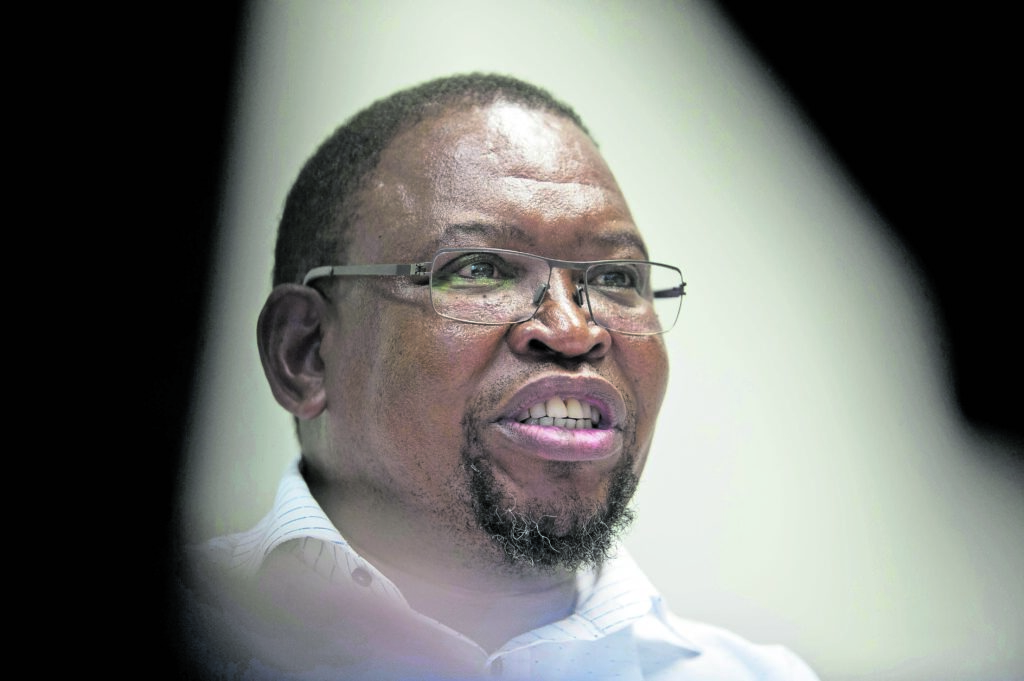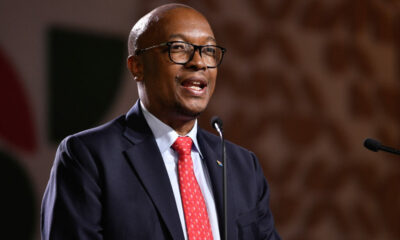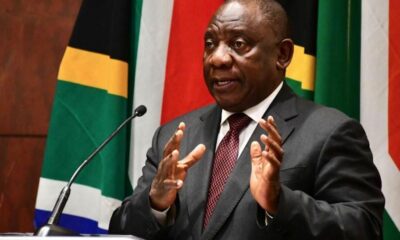411
Tax Boycotts in South Africa Already Underway, Says Top Economist

Tax boycotts in South Africa are no longer a distant threat—they are already happening, according to Efficient Group chief economist Dawie Roodt.
Speaking on the Praag podcast during a discussion on land reform and government accountability, Roodt painted a sobering picture of the growing public resistance to paying taxes. He argued that citizens are losing trust in the state, especially as government overreach increases and corruption continues unchecked.
“The State Has Breached the Social Contract”
At the heart of Roodt’s warning is the new Expropriation Act, which allows the state to seize property without compensation.
“The term expropriation is just another term for theft. This is what the state does when it takes people’s property,” said Roodt.
He stressed that the government’s primary duty is to protect the lives and property of its citizens. When that responsibility is neglected—or worse, when the state itself threatens property rights—citizens no longer feel morally or practically obligated to contribute to the tax system.
“When the state starts threatening to steal my property, I no longer have a duty to pay taxes,” he said.
Corruption and Waste Fuel Public Frustration
Beyond expropriation, Roodt pointed to long-standing issues like corruption, mismanagement, and an inefficient public workforce. These factors have eroded the public’s willingness to support a tax system they view as broken.
A prime example, he noted, is the collapse of the e-toll system in Gauteng—where public refusal to pay was widespread due to perceptions of corruption and poor planning.
“People no longer see their taxes being spent wisely,” Roodt said. “Instead, they see waste and fraud.”
Tax Resistance Is Becoming the Norm
In his work as a wealth manager, Roodt said more clients are actively looking to:
-
Move their money offshore
-
Reduce or avoid their tax liabilities
This trend, he said, is unlike what he sees in countries like Australia or New Zealand, where citizens generally feel confident their taxes are well used.
“In South Africa, people feel betrayed. The money is wasted, and the system is flawed,” he explained.
A Warning Against Full Tax Revolt
While the resistance is growing, Roodt cautioned against a complete tax revolt, where citizens stop paying taxes altogether.
“Once people stop paying taxes, it’s nearly impossible to convince them to start again,” he warned. “It damages the foundation of a functioning society.”
He believes the tax system in South Africa needs urgent reform to restore public trust. Without it, the government may face deepening resistance that could further undermine service delivery, economic stability, and governance.
A Breaking Point?
South Africa may be inching closer to a tipping point, where widespread tax boycotts shift from passive disobedience to open revolt. For now, the warning signs are clear: public confidence in government spending is deteriorating, and more South Africans are quietly but firmly opting out.
{Source: Business Tech}
Follow Joburg ETC on Facebook, Twitter , TikTok and Instagram
For more News in Johannesburg, visit joburgetc.com


























